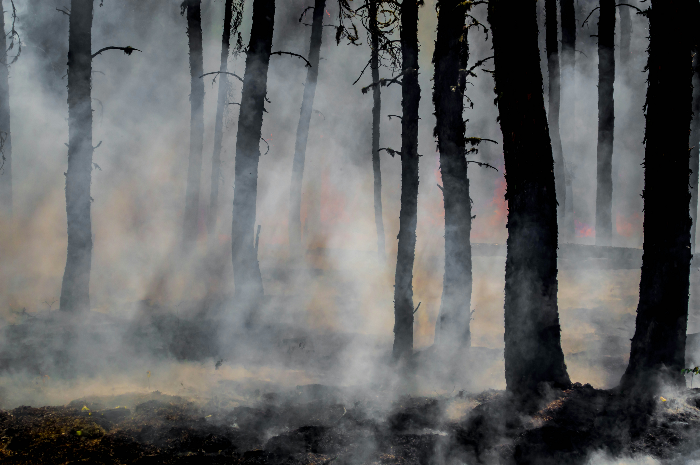Canada’s New Virtual Hub for Wildfire Innovation and Knowledge Exchange

With the increasing threat wildfires pose to the safety, health and economic wellbeing of Canadians and ecosystems across the country, the federal government has established the Wildfire Resilience Consortium of Canada (“WRCC”), a virtual hub for wildland fire innovation and knowledge exchange.
The Honourable Tim Hodgson, Minister of Energy and Natural Resources, and the Honourable Eleanor Olszewski, Minister of Emergency Management and Community Resilience, announced an investment of C$11.7 million over four years to establish the WRCC. The WRCC is funded through the federal government’s Wildfire Resilient Futures Initiative— a C$285-million program under Natural Resources Canada (“NRC”).
The WRCC will serve as a “national centre of excellence” that will bring together a wide range of stakeholders to share knowledge and promote the use of improved technology in wildfire prevention and response. The WRCC will also integrate Indigenous fire stewardship and diverse knowledge-sharing systems, recognizing and appreciating traditional knowledge as a critical component of wildfire resilience. The WRCC is purported to advance many of the objectives of the Kananaskis Wildfire Charter, agreed to by the leaders of the G7 this spring in Alberta, which included a call to leverage research and technology in wildfire response, in addition to international collaboration on wildfire data collection and information sharing.
The timing of the announcement is not coincidental: Environment and Climate Change Canada’s weather forecasts predict above-average temperatures across much of Canada from July through August. By August, Public Safety Canada predicts that wildfire activity will increase and persist to “well-above average conditions” over much of western Canada, with the highest fire danger in southern British Columbia. In the words of the Honourable Julie Dabrusin, Minister of Environment and Climate Change, “we are witnessing the direct impact of climate change on communities across our country, as we are seeing an increase of wildfires across Canada. Collaboration, scientific research and improved technologies are essential in adapting to this new reality.”
Author: Rebecca Bruni, 2025 Summer-Student-At-Law
Photo Credit: https://unsplash.com/@nipawinnews
Expertise
Insights
-
Technology
Bluesky Rolls Out New Community Guidelines
Bluesky, a social network competitor of X, Threads and other open networks including Mastodon, is revisiting its community guidelines and other user policies to provide more clarity around user safety… -
Technology
Perplexity AI’s All-Cash Bid for Google Chrome
AI startup Perplexity AI has made an unsolicited US $34.5 billion bid to acquire Google’s Chrome browser. With over three billion users, Chrome is currently the most popular browser in the world… -
Technology
Concordia University Students Launch ‘Starsailor’ Rocket from Northern Quebec
Students from Concordia University’s Gina Cody School of Engineering and Computer Science recently launched “Starsailor,” a rocket that a team of over 700 members developed over the past seven years… -
Technology
BC’s Mushroom-Plucking Robots Harvest Big in Latest Round of Fundraising
4AG Robotics, a British Columbia-based start-up that uses robots to harvest commercially grown mushrooms, has received a C$40 million venture capital investment to further develop its fungi-focused… -
Technology
Canada’s New Virtual Hub for Wildfire Innovation and Knowledge Exchange
With the increasing threat wildfires pose to the safety, health and economic wellbeing of Canadians and ecosystems across the country, the federal government has established the Wildfire Resilience… -
Technology
The Modernization of Estate Planning with "Trusty"
With many Canadians lacking a will, Trusty, a Toronto-based startup, aims to revolutionize estate planning by leveraging artificial intelligence (“AI”) and technology. Founder Randy Frisch created the…
